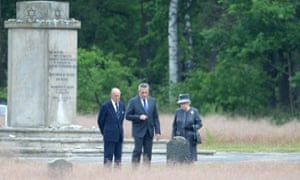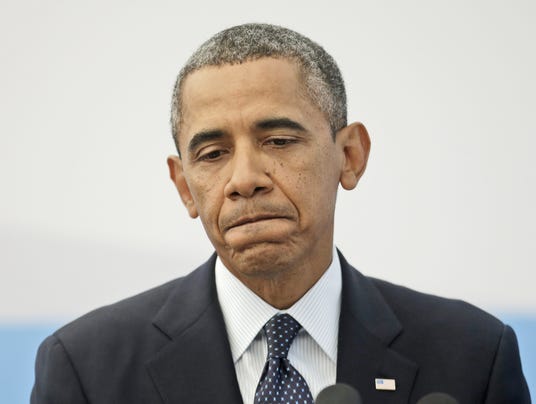In late 1944, Charles Kaiser’s uncle, a U.S. Army lieutenant, stayed for a while at the Paris residence of two sisters, Christiane and Jacqueline Boulloche. So began a relationship that would eventually lead Kaiser to write his new book, The Cost of Courage. An American journalist, Mr. Kaiser has designed this book about the French resistance for an American audience. This account of the resistance provides unique insight into the history of one French family and a courageous struggle against Nazism.
The story begins with a Gestapo raid that targets the book’s protagonist, André Boulloche. André is found by the Germans after a resistance officer under his command breaks under interrogation. Failing in an attempt at suicide as the Nazis raid his apartment, André suffers a gunshot wound to the stomach and is captured.
Though his personal resistance was heroic, there was nothing glamorous about André’s plight. Kaiser explains:
If he hadn’t been wounded, André thinks, this part would have been easy: he would have swallowed the fatal pill right away. But now he is writhing on the floor, with blood spurting out of his stomach – and the cyanide never leaves his pocket.
Fortunately, André’s sister and fellow resistance officer, Christiane, had just left the apartment on ”the best timed shopping trip of her life.” She returns to see the Gestapo at work, and evades capture.
The Boulloches were an haut-bourgeoise, well-connected Catholic family, and unlikely revolutionaries. Yet, as Kaiser explains, they all shared “an innate sense of duty.” Describing Christiane, Kaiser says, ”more than anything else, it is instinctive patriotism that pushes her into battle.” Still, the Boulloche notion of patriotism is inherently bound to honor and justice. Before she entered the resistance, Christiane organized a collection for a Jewish schoolteacher who was fired after the Nazis seized power.
The Cost of Courage’s most interesting sequences describe the tradecraft of the Resistance. We see how André learned his methods—”letters written with lemon juice, which only becomes legible when the pages are heated over a candle.” Kaiser describes how André records Nazi ”arms depot locations” and ”memorizes a book that interprets every [Wehrmacht] insignia”. We learn of Christiane’s crucial role as a network facilitator in repairing radios, and smuggling weapons to fighters. Kaiser also explains how Christiane used tradecraft to avoid detection, such as stepping off trains just as the doors closed and broadcasting radio transmissions from different locations. Survival, we’re reminded, is about meticulous attention to detail. It was also about spiritual strength. We learn that after André’s capture, he boosted the morale of a fellow prisoner by teaching him “the Schumann piano concerto, certain Beethoven sonatas, and the Brandenburg Concertos.”








